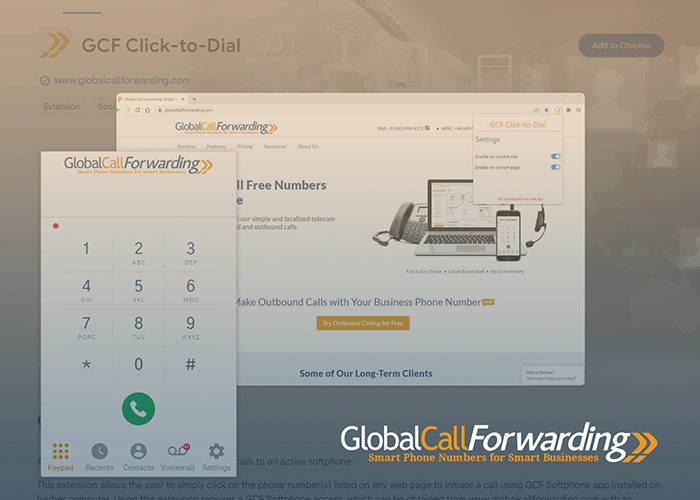More and more businesses in the travel industry are using 1800 numbers as their contact numbers to offer callers a free way to call. Learn how getting a 1800 number can boost your company’s incoming call rate and help customers build trust in it.
Toll Free Numbers for the Travel and Tourism Industry
First, what are 1800 numbers? These numbers are toll free numbers provided by cloud-based phone service providers. They are a preferred communication solution because instead of charging callers, calls are charged to the business using the number. So, 1800 numbers or toll free numbers for travel agencies ensure that they remain accessible to customers traveling to or using their service. With 1800 numbers, you can:
- Provide uninterrupted customer service and care
- Encourage customers to call whenever they need
- Connect with travelers from different parts of the world
- Increase and diversify your customer base
1800 Numbers: Why They Work?
When you purchase 1800 numbers from a cloud-based phone service provider like Global Call Forwarding, you have access to toll free numbers for different countries across the globe, no matter where your hotel, resort, or timeshare is physically located. This means that you can get 1800 numbers for countries that you want to target or where you get more of your customers from. This gives travelers in these areas a free and reliable way to connect with your business. Furthermore, they can contact you even as they travel to different locations, in case there is an issue.
For instance, you can purchase 1800 numbers for the United States, Canada, Australia, or Mexico, to name a few locations. Now, travelers contacting your hotel, resort, or timeshare from these countries don’t have to think twice to call you. This makes it more likely that they will contact your business over your competitors. And, it increases your chances of converting those calls into sales.
1800 Numbers: Making International Communication Easy
The reason why travel and hospitality companies are getting 1800 numbers is because these numbers encourage people to call. Additionally, most individuals associate such toll free numbers with large and established companies, placing your business among their ranks.
Additionally, you can provide 24/7 service by having inbound calls routed to different numbers and lines during specific times of the day or based on location. This is especially helpful for travel companies that have offices in multiple locations. During your office’s off-hours, forward incoming calls to your office in a different time zone. Or, direct calls to the nearest location based on where the call is coming from. Organizing and distributing calls this way can ensure callers get the assistance and care they need in a language and culture they are familiar with.
Using Toll Free Numbers for Marketing Purposes
Most businesses are unaware of the fact that 1800 numbers can boost their marketing efforts and provide valuable insights. When you purchase multiple numbers for different locations, you can track incoming calls to understand which markets are more successful than others. In fact, you can even run different marketing campaigns and use call tracking to determine which campaign has more ROI.
Should Your Business Get 1800 Numbers
Yes, travel and hospitality businesses like hotels, resorts, and timeshares often deal with travelers from different parts of the world. It is, therefore, essential to build convenient communication channels so that these travelers can count on your business to make their experience worthwhile. Want to know more about 1800 numbers? Call us at 1 (561) 908-6171






